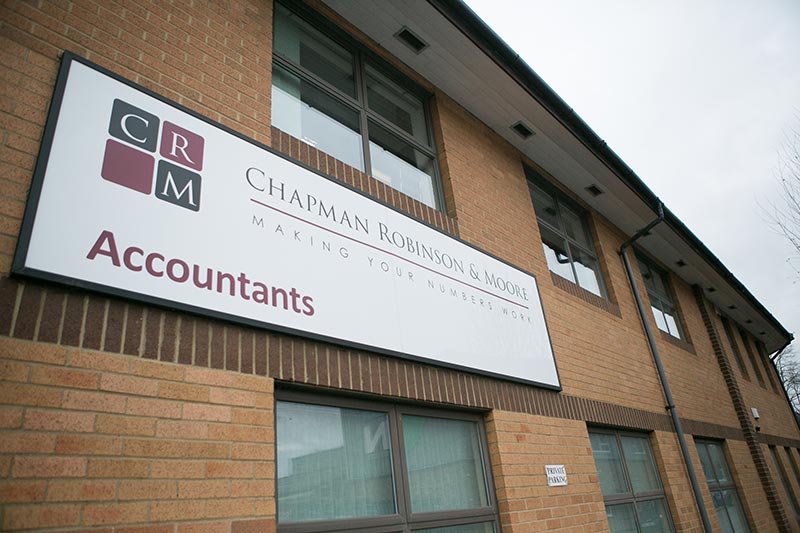Often a business owners financial records is heard referred to as the ‘shoe box’, rather than an organised financial management system.
As a business owner you must keep business records and documents for tax purposes. Keeping good records of your transactions will help you to monitor the financial performance of your business, as well as comply with your tax obligations. HMRC can charge you a penalty if your records are not accurate, complete and readable.
In our recent article for Kidlington Voice, Alan Sowden shares his thoughts around six areas for consideration:
- Sales invoices
- Purchase Invoices
- Bank Transactions
- Credit Card Transactions
- Cash receipts
- VAT records
Alan also makes reference to the additional consideration that the government remain committed to a modern digital tax system and have announced their requirements starting in April 2019 for ‘Making Tax Digital’.
You can read the article in full by visiting www.kvoice.co.uk/articles/AlanSowden.php
First things first
Keep your paperwork in order.
Tip 1: Keep your paperwork in order as it arrives
Tidy as you go
Six points to consider
As a minimum, it is recommended that your financial management system includes the following six considerations:
1. Sales invoices – a copy of your sales invoices raised and sent to a customer, together with a way to easily identify which have been paid. For example, two lever arch folders, one for paid and the other awaiting payment. It is recommended to have a list of the invoices raised, sequentially numbered, which have been paid and if applicable, which have been included on your VAT return.
2. Purchase invoices – a copy of your purchase invoices received together with a way to easily identify which have been paid. Additionally, you may keep a record of purchase orders you have committed to make, so you ensure an invoice is received and allow for the payment liability before it is made. Consider a list, as mentioned for sales invoices.
3. Bank transactions – to have a record of the income and expenditure transactions that go through your bank account. It is recommended to also list the area of income or expenditure for each transaction to provide you with a breakdown and summary of monies received or paid. For simplification, we recommend a separate bank account for your business records. How will you manage those card payment receipts? A good practice is to have an envelope or folder to hold any such card payment receipts and then staple them to the back of the bank statement once received.
4. Credit card transactions – as per bank transactions, but a record for your credit card payments. This may ultimately form part of the bank records when paid so you need to ensure these payments are not duplicated.
5. Cash receipts – Keep all your receipts for those things you have paid for personally on behalf of the business. This may be in cash or using a personal bank card. Make an expense claim to the business to repay you for this expenditure and record the payment and reason within your bank transaction records.
6. VAT records – If you are VAT registered (voluntary or compulsory), then your day to day records need to account for and show the VAT element of the payments made and received. If you are submitting your VAT return on a cash basis, then this can be managed with your bank transaction records. However, if your returns are on the ‘standard’ VAT scheme, then your returns also have to account for unpaid invoices. Your records should also retain a copy of the actual VAT return submitted.
IN SUMMARY
You may find your administration easier if you use a digital record to support the paperwork held. An additional consideration for this may be the announcement that the government remain committed to a modern digital tax system and have announced their requirements starting in April 2019 for ‘Making Tax Digital’. There are currently no rules on how you must keep records, but your preparation for Making Tax Digital should be a consideration. You can currently keep your records on paper, on a spreadsheet or other digital manner or as part of a software program (like bookkeeping and accounting software). Additional benefits may be gained by utilising cloud accounting software such as the ability to invoice on the go, ensure nothing is missed for your tax return, manage your receipts, better review your records with access from any internet enabled device, gain better visibility of when payments are due and the completion of a bank reconciliation that is a great double check of what payments have been made or received.

